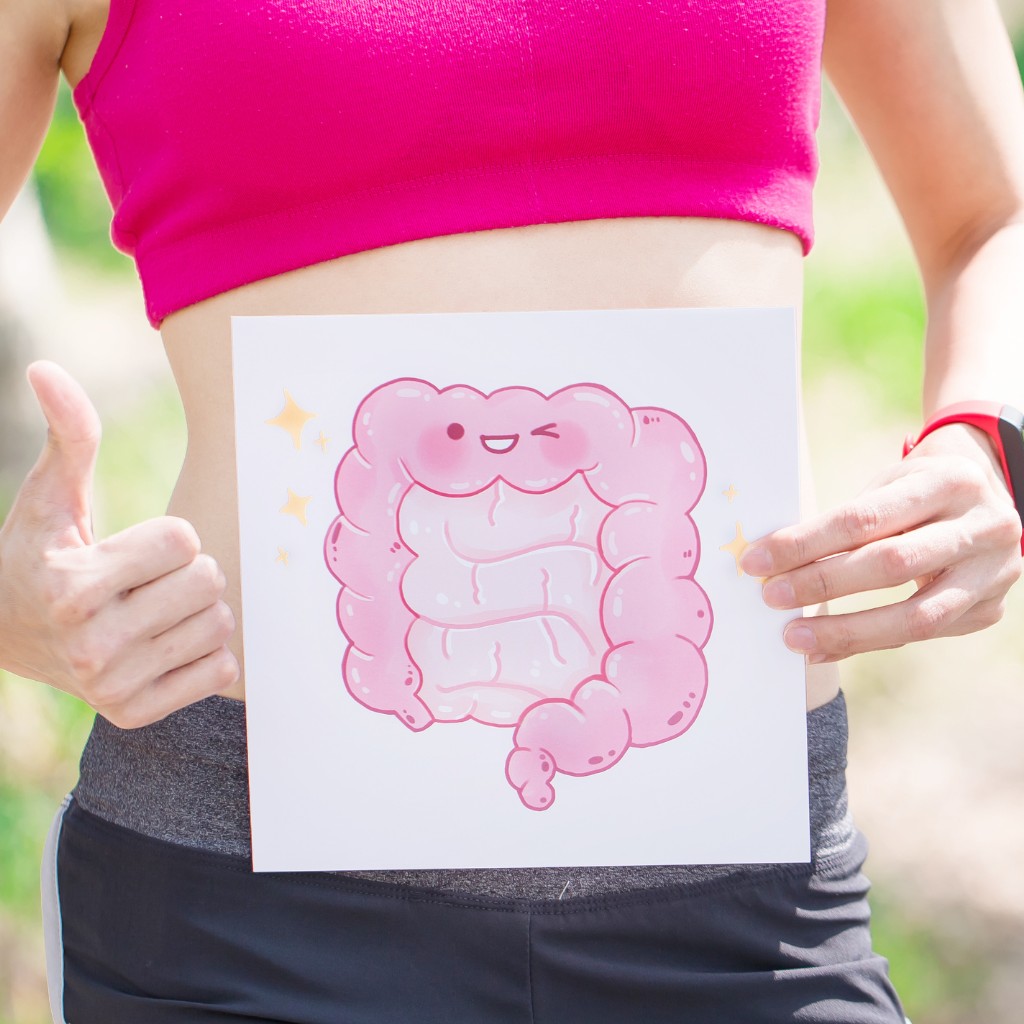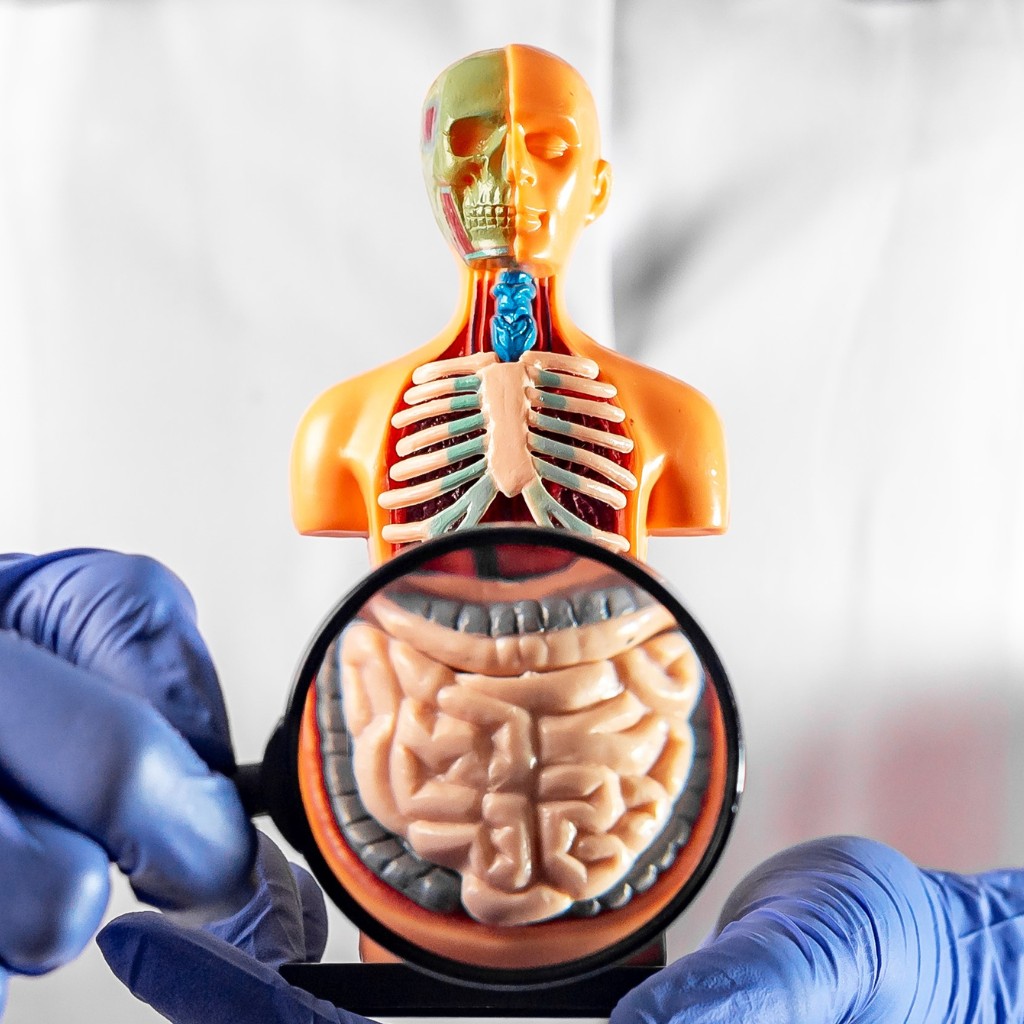Gut Health
The intestines act as the powerhouse of our existence. They not only process nourishment from the food we eat but also impact various bodily processes from head to toe. When the intestines don’t function properly, it affects the entire body. Lifestyle choices play a pivotal role in determining the well-being of our intestines.
Contents
The intestines represent our body’s largest interface with the external world. Everything we consume, whether liquid or solid, beneficial or potentially harmful, travels through the oral cavity, esophagus, stomach, and finally reaches the intestines. Over a human lifetime, the digestive system processes approximately 40 tonnes of food and about 60,000 liters of liquids. In the large intestine, an astonishing number of trillions of diverse microorganisms work together to ensure essential nutrients and vital substances are absorbed. This collection of intestinal bacteria is referred to as the intestinal flora or intestinal microbiota in technical terms.
As part of the natural process, waste products and non-usable substances are expelled from the body as stool through the anus. Harmful substances, on the other hand, pass through the small intestine and the portal vein to the liver, acting as the body’s “detoxification centre,” where they are broken down.
In an ideal digestive process, this intricate system works flawlessly, but various issues can challenge the intestines and liver. Unhealthy eating habits, such as excessive sugar consumption and reliance on processed foods, along with detrimental environmental factors, and certain medications (like antibiotics), can sometimes disrupt the smooth functioning of the digestive system, leading it to encounter problems and become less efficient.
What product is best suited to you?
OMNi-BiOTiC® Expert advice
Are you looking for the right multispecies probiotic for your problems? Or are you looking for specific vitamins and minerals? Then get in touch with us and we will get a recommendation from our expert medical team.














